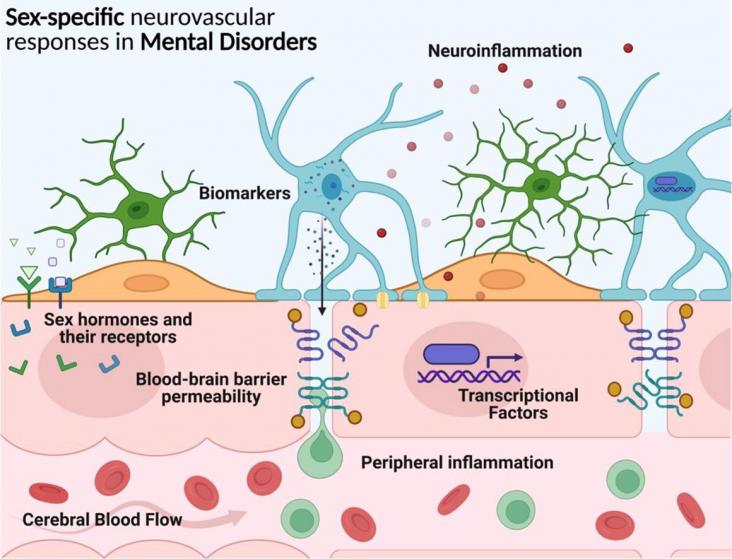Journal of Creativity, Volume 31, December 2021, article 100008
The importance of developing play skills for good mental health in children
The variations in organizational features and processes linked to implementation activities across two clinics provided an opportunity to examine how and why different contextual factors help or hinder the implementation process. Findings from this study demonstrate that successful implementation of an integrated depression and diabetes care model is feasible in a low-resource setting, while the revised program theories provide an explanatory framework of coordinated care implementation processes that can inform future efforts to disseminate and scale this care model.
Prevalence of depression among patients with Type 2 diabetes attending family medicine clinics in Qatar is high. Therefore, utilizing a multidisciplinary health care plan for screening and management of depression in patients with diabetes in a primary health care setting is highly recommended.
Authors discuss the ExTRAPPOLATE project, which applied the principles of Responsible Research and Innovation (RRI) in the development of an automated feedback system for psychological therapists, ‘AutoCICS’. Suggest that RRI has the potential to address earlier problems of machine learning applications when applied to healthcare.
Authors introduce a form of analysis that not only has a high accuracy in speech emotion recognition but is also accurate for depression recognition.
Understanding which cognitive domains have the potential to change with management of depression and anxiety symptoms (or vice versa) provides important clinical information for patients with systematic lupus and their doctors.

Sex-specific immune, endocrine, vascular and transcriptional-mediated changes can affect neurovascular integrity and possibly contribute to the pathogenesis of mental disorders. Better understanding of how these adaptations can contribute to mental health status is essential.
The research demonstrates clear links between stress at distinct phases of the lifespan, changes in measures of brain microstructure, impairments in cognitive abilities and negative mental health outcomes.
The review provides an overview of the findings of genome-wide association studies for PTSD, depression and ANX - a clear genetic overlap is observed between these three diagnostic categories.
The research suggests that even though Street View and remotely sensed measures capture different aspects of greenness, these differences across exposure metrics did not translate into an association with mental health outcomes.
